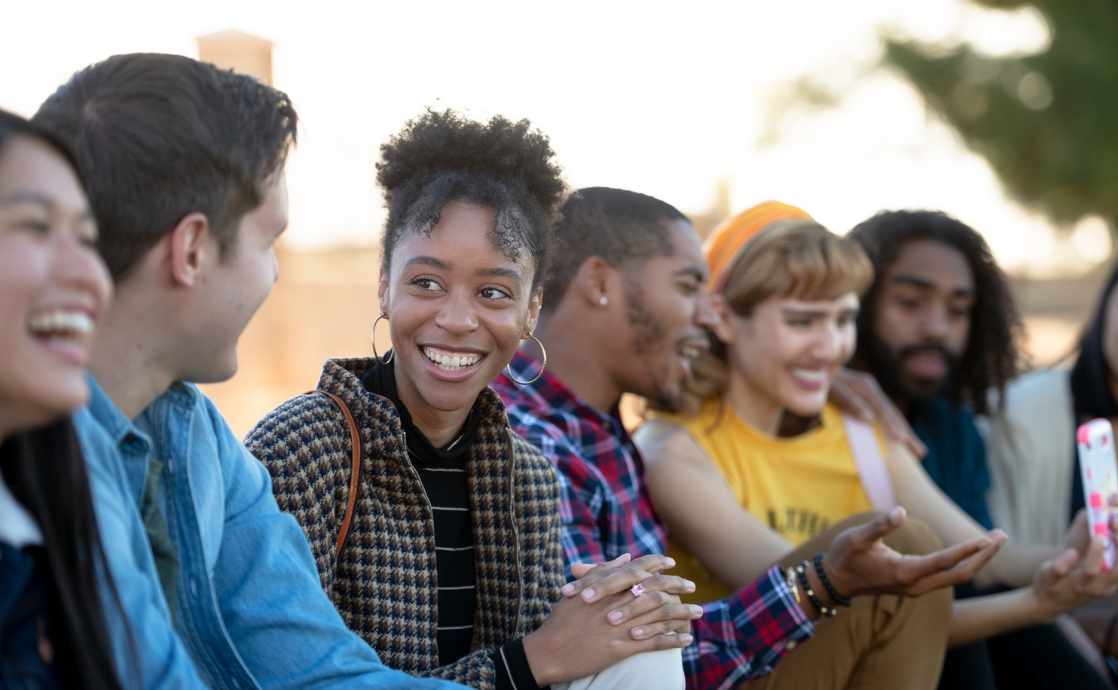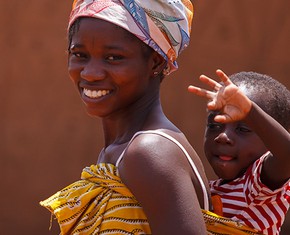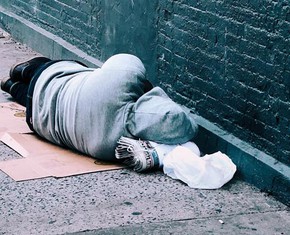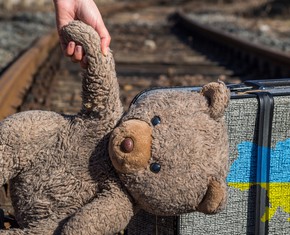The views expressed in our content reflect individual perspectives and do not represent the authoritative views of the Baha'i Faith.
The primary principle of the Baha’i Faith – the oneness of humanity – has profound implications for every human interaction. Abdu’l-Baha, in a talk he gave in Washington, DC, made a promise:
When the racial elements of the American nation unite in actual fellowship and accord, the lights of the oneness of humanity will shine … This is the blessing and benefit of unity; this is the outcome of love.
At this stage in history, many know about and believe in the oneness of humanity, a term that tends to easily flow from our lips. I find myself reflecting, though, on what it really means.
I ask myself “What does that oneness look like in practical application? What underlying concepts are required to move toward a unity of thought and a true oneness of humanity?”
RELATED: Bringing a New Era of Humanity Into Being
Oneness and Sameness
In the pursuit of unity, I know that one of the first important synonyms to cleanse from our hearts is the word “sameness” – same nationality, same culture, same kind of religion, think in the same way, act in the same way, dress in the same way, live in the same kind of neighborhood, send our children to the same kind of schools. This kind of homogeneity means that physically, we must have the same skin color, hair texture, and facial features. Our names, lifestyles, and speech patterns all need to be within an acceptable sameness range.
This scourge of sameness affects our lives both consciously and unconsciously – because, of course, it is impossible for everyone to be the same.
Yet, even as we speak of the oneness of humanity being the goal, what some really seek, consciously or unconsciously, are those who look, think and believe just like they do. The peoples of the world for generations and even centuries have divided themselves by these very means. So, once again, I have to ask “What does oneness really mean?”
Oneness and Power
Everywhere in the world, groups with power and control perceive themselves as superior. Everyone within those groups has privileges allotted to them that are not even recognized as such, but seen rather as “normal living.” Members of these powerful, privileged groups perceive “the other” – anyone identified as not fitting in – as inferior and unworthy of the same privileges. In addition, negative, demeaning, and dehumanizing terms are assigned to those “others” to justify any mistreatment.
In the United States and in other nations, this othering was taken to the extreme with chattel slavery. Racism was created to justify that slavery. Negative attributes such as “low intelligence, submissive, lazy, and good-for-nothing, but also scary, belligerent, angry, and over-sexed,” were some of the higher-level terms used to define the group being oppressed, specifically people of African descent. Laws were passed to keep the inferior group subjugated, institutional policies and practices were created for the superior group to ensure continued maintenance of belief systems that were learned in childhood.
The Universal House of Justice, the democratically-elected global administrative body of the world’s Baha’is, has written extensively about the great injustice of racism. In a 2020 letter to the Baha’is of the United States, they wrote:
Sadly, however, your nation’s history reveals that any significant progress toward racial equality has invariably been met by countervailing processes, overt or covert, that served to undermine the advances achieved and to reconstitute the forces of oppression by other means.
In the same message, the Universal House of Justice wrote that:
Racism is a profound deviation from the standard of true morality. It deprives a portion of humanity of the opportunity to cultivate and express the full range of their capability and to live a meaningful and flourishing life, while blighting the progress of the rest of humankind.
Racism doesn’t just afflict its victims. Everyone suffers. Progress is blighted. No one escapes from this infectious disease, regardless of their power or privilege. However, the Baha’i teachings assure us, an antidote exists: love.
RELATED: Learning to Trust When You’re Wounded by Racism
Oneness and Love
The Universal House of Justice went on to point out that:
Ultimately, the power to transform the world is effected by love, love originating from the relationship with the divine, love ablaze among members of a community, love extended without restriction to every human being.
When I first read this passage, my brain went into a full stop mode, and the questions began to rise. What kind of love can heal a 400-year-old disease that has penetrated institutions, governments, organizations, and corporate entities as well as the minds and hearts of the people?
Abdu’l-Baha answered, in a speech he gave in Paris early in the 20th century, saying:
What a power is love! It is the most wonderful, the greatest of all living powers.
Love gives life to the lifeless. Love lights a flame in the heart that is cold. Love brings hope to the hopeless and gladdens the hearts of the sorrowful.
In the world of existence there is indeed no greater power than the power of love. When the heart of man is aglow with the flame of love, he is ready to sacrifice all – even his life. In the Gospel it is said God is love.
In the next article of this two-part series, I’ll share my understanding of how we can use the power of love to eradicate racism and transform our society into a spiritually enlightened example for the world.
















Comments
Sign in or create an account
Continue with Googleor